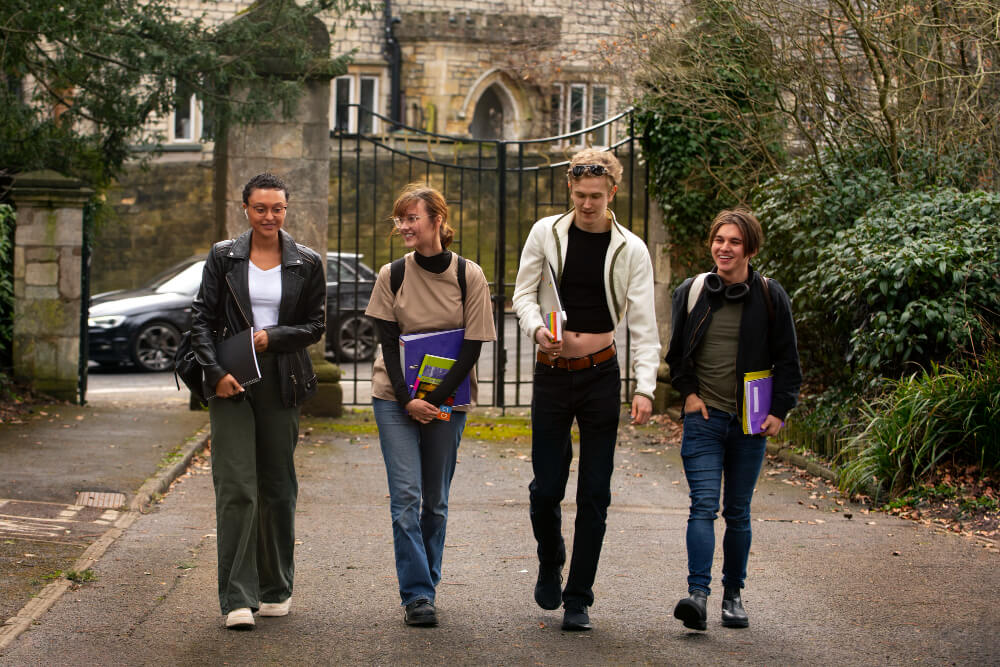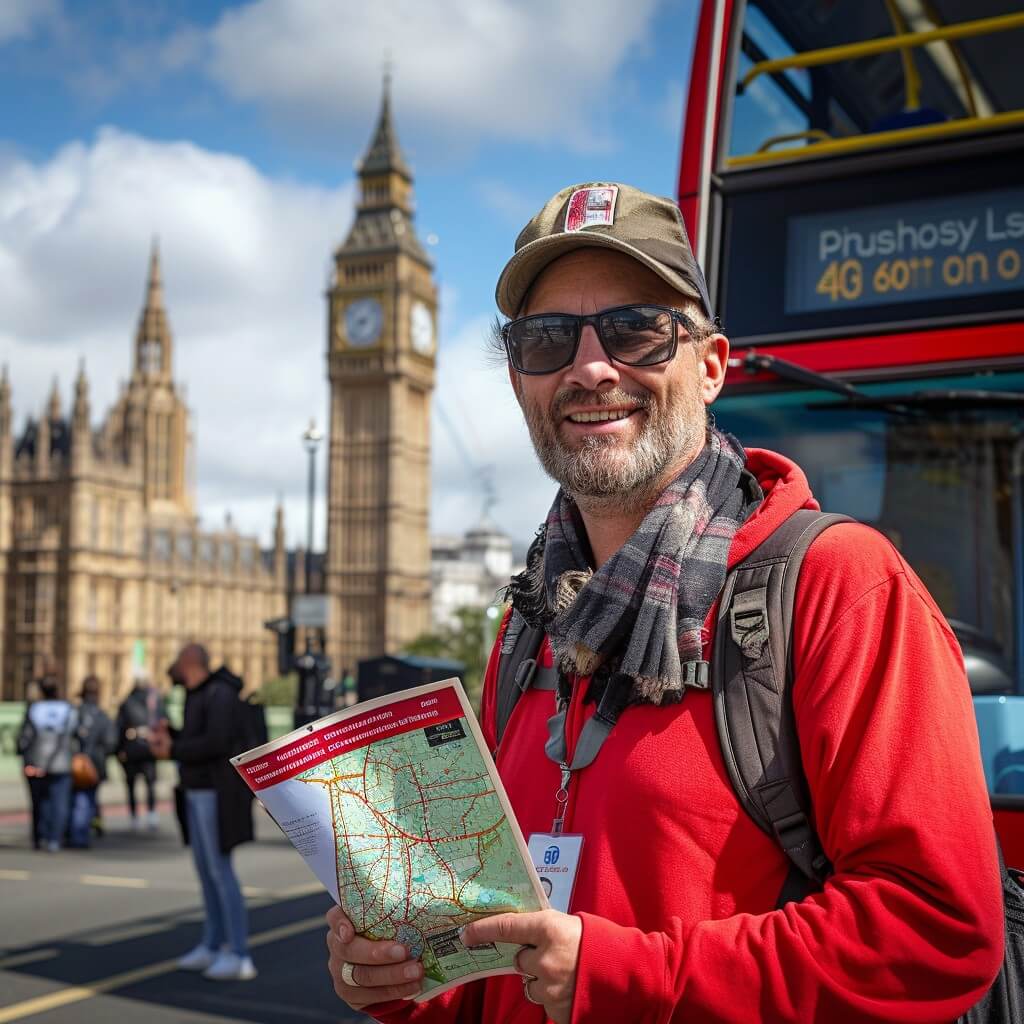
Planning a visit to Cambridge University colleges and feeling a bit overwhelmed? You’re not alone. Many visitors have questions and concerns about how to make the most of their Cambridge University college tours.
Whether you’re a prospective student, a history buff, or just someone who loves beautiful architecture, this guide is here to help. We’ll answer common questions, share tips, and give you a warm, friendly overview of what to expect.
Common Questions and Concerns
What Colleges Should I Visit?
With 31 colleges, deciding which ones to visit can be tricky. Each college has its own unique charm and history.
Here are some of the most popular and historically significant colleges to consider:
King’s College
- History and Highlights: Founded in 1441 by King Henry VI, King’s College is one of the most iconic colleges at Cambridge. Its chapel, built over a century, is renowned for its stunning architecture and incredible acoustics.
- Must-See Spots: Don’t miss the King’s College Chapel, famous for its fan vaulting and magnificent stained glass windows. The college’s front court and the backs, with views of the River Cam, are also picturesque.
Trinity College
- History and Highlights: Established in 1546 by King Henry VIII, Trinity College boasts a rich history and an impressive list of alumni, including Sir Isaac Newton and Lord Byron.
- Must-See Spots: Visit the Great Court, the largest court in Cambridge, and the Wren Library, which houses a valuable collection of books and manuscripts, including Newton’s own copy of Principia Mathematica.
St John’s College
- History and Highlights: Founded in 1511 by Lady Margaret Beaufort, mother of King Henry VII, St John’s College offers a mix of stunning architecture and serene green spaces.
- Must-See Spots: The Bridge of Sighs, which crosses the River Cam, is a beautiful and iconic feature. The college’s chapel and the First Court are also worth a visit.
Corpus Christi College
- History and Highlights: One of the smaller colleges, Corpus Christi was founded in 1352 and is known for its intimate and friendly atmosphere.
- Must-See Spots: The Old Court, one of the oldest surviving courts in Cambridge, and the Parker Library, which contains a collection of medieval manuscripts.
Other Notable Colleges
- Clare College: Famous for its beautiful gardens and the Clare Bridge.
- Gonville and Caius College: Known for its architectural mix of old and new buildings.
- Pembroke College: Home to the first chapel designed by Sir Christopher Wren.
When is the Best Time to Visit?
Choosing the right time to visit Cambridge University colleges can enhance your experience significantly.
Here are some considerations:
Term Time (October to June)
- Advantages: Visiting during term time allows you to experience the vibrant student life. You’ll see students bustling about, attending lectures, and participating in various activities.
- Events and Activities: Many colleges hold public lectures, concerts, and events that you can attend. The atmosphere is lively and dynamic.
- Weather: The weather can be unpredictable, especially in the spring and autumn. Be prepared for rain and cool temperatures.
Summer (July to September)
- Advantages: The summer months are generally quieter as many students are away on break. This means fewer crowds and a more leisurely pace for your tour.
- Weather: Summer tends to be warmer and sunnier, making it ideal for exploring the college grounds and enjoying picnics by the river.
- Accessibility: Some colleges may close certain areas or limit access to tourists during exam periods and other academic events, which are more frequent during term time.
How Can I Book a Tour?
Booking a tour is a straightforward process, but it’s important to plan ahead, especially during peak tourist seasons.
Here are some steps to help you:
Guided Tours
- Official College Tours: Many colleges offer official guided tours led by knowledgeable guides. These tours often include areas that are not accessible to the general public.
- Booking: Visit the college’s official website to check tour availability and book your spot. Some colleges may require advance booking, while others offer tickets on the day.
- Cost: Guided tours may charge a fee, which typically ranges from £5 to £20 per person, depending on the college and the duration of the tour.
- Private Tours: For a more personalized experience, consider booking a private tour with a local guide. These tours can be tailored to your interests and schedule.
- Booking: You can find reputable tour guides and companies online or through travel agencies. Make sure to read reviews and confirm the itinerary in advance.
- Cost: Private tours are generally more expensive but offer a more customized experience.
Self-Guided Tours
- Maps and Guidebooks: If you prefer to explore at your own pace, most colleges provide maps and guidebooks. These are usually available at the college entrances or visitor centers.
- Cost: Some colleges offer free entry and materials, while others may charge a small fee for access and guidebooks.
- Tips: Download a map or guidebook in advance if possible. Many colleges have digital versions available on their websites.
- Audio Guides: Some colleges offer audio guides that provide detailed information about the history and architecture of the buildings.
- Booking: Check the college website for information on audio guide availability and download options.
- Cost: Audio guides may be available for free or for a small fee.
Are There Any Accessibility Concerns?
Accessibility is an important consideration when planning your visit.
Here’s what you need to know:
General Accessibility
- Older Buildings: Many of the colleges have buildings dating back several centuries, which can present challenges for those with mobility issues. Narrow staircases, uneven floors, and lack of elevators are common in older structures.
- Modern Facilities: Some colleges have made significant efforts to improve accessibility, including the installation of ramps, elevators, and accessible restrooms.
Planning Ahead
- Contacting Colleges: It’s a good idea to contact the colleges you plan to visit in advance to inquire about specific accessibility arrangements. Most colleges have a designated contact for accessibility inquiries.
- Online Resources: Many colleges provide detailed accessibility information on their websites, including maps showing accessible routes and facilities.
Assistance and Services
- Wheelchair Rentals: Some colleges offer wheelchair rentals or can provide information on nearby rental services.
- Assistance: Don’t hesitate to ask for assistance from college staff and guides. They are usually very accommodating and willing to help make your visit as comfortable as possible.
Making the Most of Your Tour
Guided Tours vs. Self-Guided Tours
Choosing between a guided tour and a self-guided tour depends on your preferences and interests.
Here’s a breakdown to help you decide:
Guided Tours
- Pros:
- Expert Knowledge: Guided tours are led by knowledgeable guides who can provide in-depth information and fascinating stories about the college’s history, architecture, and notable alumni.
- Exclusive Access: Some guided tours offer access to areas that are not open to the general public.
- Interaction: You can ask questions and engage with the guide, making the tour more interactive and personalized.
- Cons:
- Fixed Schedule: Guided tours operate on a set schedule, which may not always align with your plans.
- Group Size: Depending on the tour, you might be part of a larger group, which can sometimes feel less personal.
Self-Guided Tours
- Pros:
- Flexibility: Self-guided tours allow you to explore at your own pace and focus on the areas that interest you the most.
- Cost: Generally, self-guided tours are more affordable, and some colleges offer free entry.
- Personal Experience: You can create your own itinerary and spend as much or as little time as you like at each location.
- Cons:
- Limited Information: Without a guide, you might miss out on some of the historical context and interesting stories behind the buildings and landmarks.
- Navigation: It can be easy to get lost or miss key sites without a structured tour.
Relatable Example
Imagine strolling through the cobbled courtyards of Trinity College, where Isaac Newton once studied.
Picture yourself standing in King’s College Chapel, listening to the ethereal sounds of the choir.
These experiences are what make Cambridge University tours so magical. The sense of history and the beauty of the surroundings can transport you to a different era, making your visit truly unforgettable.

Tips for a Smooth Visit
Dress Comfortably
You’ll be doing a lot of walking during your tour, so comfort is key.
Here are some tips:
- Comfortable Shoes: Wear sturdy, comfortable shoes to navigate the cobblestone streets and college grounds.
- Layers: The weather in Cambridge can be unpredictable. Dressing in layers allows you to adjust to changing temperatures throughout the day.
- Rain Gear: Always bring a small umbrella or a raincoat, as rain showers can occur unexpectedly.
Plan Ahead
A little planning goes a long way in ensuring a smooth and enjoyable visit.
Here’s how to prepare:
- Check Opening Times: Each college has its own opening times, which can vary depending on the time of year and events taking place. Check the college websites for the most up-to-date information.
- Avoid Peak Times: To avoid the crowds, consider visiting early in the morning or later in the afternoon. Weekdays are generally quieter than weekends.
- Event Schedules: Some colleges may close certain areas or limit access during special events or exam periods. Checking ahead can help you plan around these times.
Take Breaks
Exploring the Cambridge University colleges can be tiring, so be sure to take breaks and enjoy some local refreshments.
Here are some recommendations:
- Cafes and Tea Rooms: Cambridge is home to many quaint cafes and tea rooms. Take a break and enjoy a cup of tea or coffee along with some delicious pastries. Some popular spots include Fitzbillies for their famous Chelsea buns and Afternoon Tease for homemade cakes.
- Picnic Spots: On a sunny day, consider having a picnic in one of the beautiful college gardens or by the River Cam. Pack some snacks and enjoy the peaceful surroundings.
Capture the Moments
Don’t forget to capture the beautiful moments and landmarks during your tour.
Here are some tips for photography enthusiasts:
- Best Photo Spots: Some of the most photogenic spots include the King’s College Chapel, the Bridge of Sighs at St John’s College, and the Mathematical Bridge at Queen’s College.
- Photography Etiquette: Be respectful of the college grounds and other visitors. Some areas may have restrictions on photography, so always check for signs or ask a guide.
Conclusion
Cambridge University colleges tours offer a unique glimpse into one of the world’s most prestigious institutions.
By planning ahead and knowing what to expect, you can make the most of your visit.
Remember, whether you’re walking in the footsteps of great scholars or simply enjoying the stunning architecture, your time in Cambridge will be unforgettable.
From exploring historic buildings to experiencing the vibrant student life, a visit to Cambridge University is a journey through centuries of academic excellence and cultural heritage.
So, put on your walking shoes, grab your camera, and get ready to explore the incredible colleges of Cambridge University.
Happy touring!
Answer
What are the main attractions during a Cambridge University colleges tour?
Visitors can explore beautiful college buildings, museums, art galleries, extensive gardens, and the River Cam.
The city itself is compact and walkable, making it easy to experience the vibrant atmosphere of Cambridge.
How long do college tours typically last?
Most Cambridge University colleges last between 60 to 90 minutes. Some personalized tours may extend beyond this duration, allowing for a more in-depth exploration of the campus.
Are there any costs associated with taking a tour?
College tours at Cambridge are free of charge. Visitors do not need to pay for participation in these tours.
What should I wear for a college visit?
There are no strict dress codes for college visits. Casual attire such as shorts, T-shirts, and jeans is perfectly acceptable, but visitors should avoid inappropriate clothing.
Can I bring someone with me on a college tour?
Yes, when attending an Open Day at Cambridge, each prospective applicant is allowed to bring one guest along with them.

